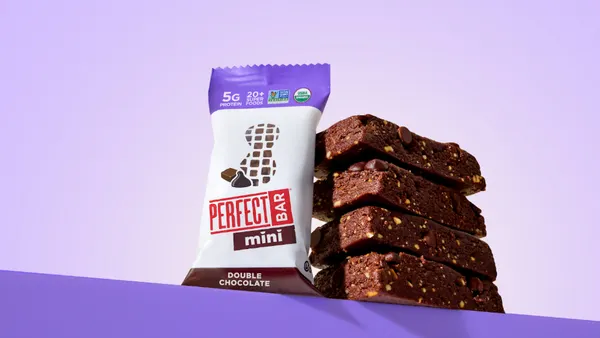While the deadline for the new Nutrition Facts panel is delayed, many large food manufacturers have already adopted the new rules and implemented the new label on their products. Many other food processors are taking this opportunity to review and adjust their ingredient decks before moving forward on and revising these panels.
So where should you begin? Since updating serving sizes and daily values are a component of the new label and since the majority of Americans are concerned about product transparency, now is the time to take a closer look at the ingredients in your products.
One of the main ingredients in many foods is fat and now might be a good time to switch to non-GMO sunflower oil, a trans fat free oil, that is low in saturated fat and high in monounsaturated fats, that may help extend your product’s shelf life.
Whether you are creating better-for-you snacks, “free-from” or frozen foods, plant-based or bakery products, sun oil will not only meet your functional requirements, but it may also increase your sales. In fact, in a 2016 survey¹, 71 percent of consumers indicated that they consider sunflower oil healthier than other oils and 64 percent said they are interested in purchasing products made with sunflower oil.
Will consumers notice a difference if you switch from another fat or oil to sunflower oil? Research shows that using high oleic sunflower oil as a partial substitute for saturated fat in bakery items such as muffins, cookies, crackers and croissants resulted in foods with the same taste and texture, and an added bonus of a healthier Nutrition Facts Panel. As well, since sunflower oil has a light, neutral taste it won’t interfere with seasonings or other flavorings in your products. As a result, there may be very little difference in the overall product results, from your current formulation.
What if you are manufacturing organic food products? With US household usage of organic products up almost 30 percent between 2010 and 2017², consumers are definitely looking for organic foods in every grocery category. USA sunflower oil is available in mid oleic, high oleic and organic formats and it is often infused with natural antioxidants to maintain shelf-life and prevent the oil from becoming rancid. Through traditional breeding, next generation sunflower oils are currently being formulated and when these oils are ready, they will have such a high monounsaturated fat content that antioxidants will no longer be needed.
Are you concerned about oil absorption in your products and how this might affect your nutrition labels? Sunflower oil might be an excellent alternative to your current oil, since there is less absorption of the oil into the food during deep frying and par frying.
If you are curious about how sunflower oil will perform in your product formulations, check out the website at: https://www.sunflowernsa.com or contact a sunflower oil supplier or contact the National Sunflower Association at: 701-328-5100.
¹Omnibus survey hosted on the Angus Reid Forum on November 17 and 18, 2016
² Packaged Facts Report - “Organics and Clean Label Food Consumer in the U.S.”, published Jan. 31 2018









